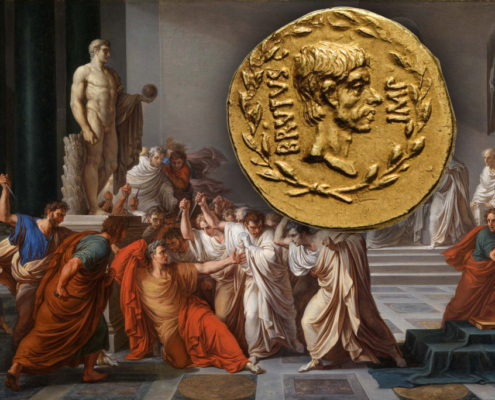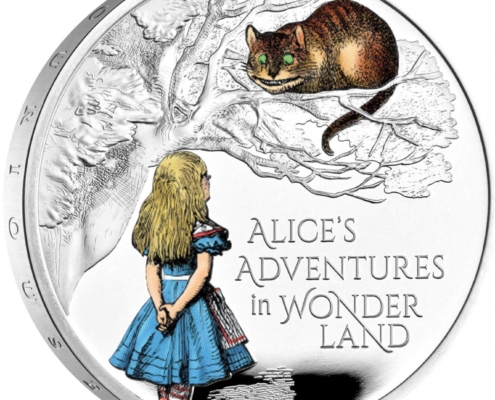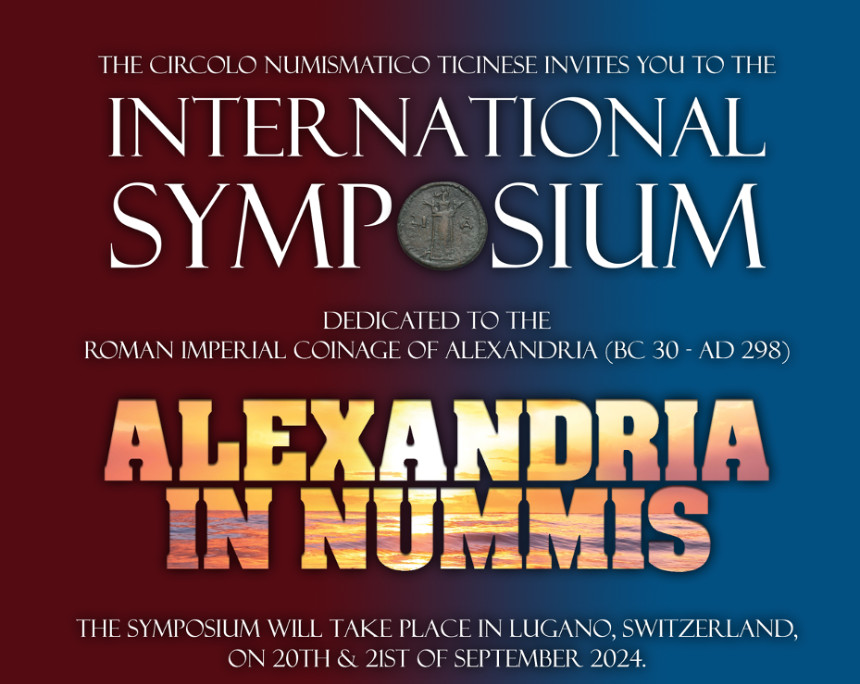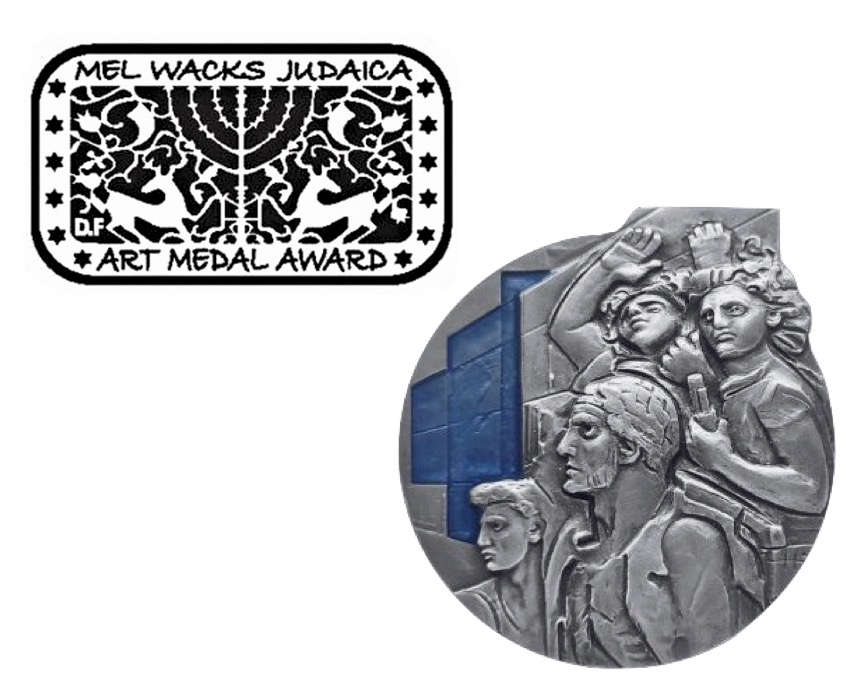Archive: People and Markets
“Alexandria in Nummis”– Impressions from the Symposium in Lugano
On 20 and 21 September, the Circolo Numismatico Ticinese (CNT) held an international symposium in Lugano dedicated to the Roman Imperial Coinage of Alexandria. Fabrizio Rossini, CNT president, shares his impressions of the event.
The Mel Wacks Judaica Art Medal Award 2023
At FIDEM Florence 2023, the winner of the Mel Wacks Judaica Art Medal Award has been announced. The award is given for medals with Judaic, Biblical or Holy Land themes.
Archive: Coins, Medals and more

The Eve of the Battle of Philippi: An Aureus Featuring the Portrait of Brutus
On 9 December 2024, Numismatica Genevensis will be auctioning an extremely rare aureus featuring a portrait of Brutus. The coin, estimated at CHF 750,000, was minted to pay the soldiers who fought for Brutus in the final battle at Philippi.

Courageous Girls in the Coin Wonderland
Gabriele Sturm illustrates how courageous heroines from children’s and young adult literature are depicted on modern coins.










2024 Huntington Award Presented to William E. Metcalf
At the 167th Annual Meeting of the American Numismatic Society, the Archer M. Huntington Award was presented to Dr. William E. Metcalf, honoring his tremendous contributions to Roman and Byzantine numismatics.
Swiss Linguistic Diversity Gold Coin
The latest Swiss gold coin “Swiss Language Diversity” honors cultural diversity and multilingualism as the very essence of Switzerland.